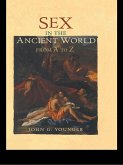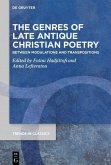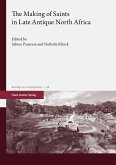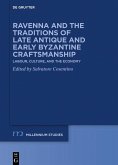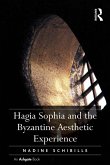It all began on a spring day in 1975 on a beach in southern Lebanon - bulldozing works revealed blocks of stone with vivid wall paintings. This chance discovery led to full-scale excavation of a Late Antique settlement, identified later with ancient Porphyreon. Close to 300 fragments of wall paintings were uncovered: jeweled crosses, human figures, animals, plants, geometric motifs, and painted Greek inscriptions - an abundance of iconographic repertoire unmatched at any other Late Antique archaeological site in the Eastern Mediterranean. The vicissitudes of modern Lebanese history and the fragmentary condition of the assemblage led to this collection being undocumented, unstudied, unpublished, and virtually forgotten for nearly four decades. The present volume is the outcome of a comprehensive study carried out in 2014-2019 within the frame of an archaeological expedition organized jointly by the Polish Centre of Mediterranean Archaeology (PCMA) of the University of Warsaw and the Lebanese Directorate General of Antiquities (DGA). The study addresses a wide range of issues, including the iconography of individual representations and the overall iconographic programs applied in the different architectural contexts (church and private houses), the style and artistic qualities, dating, execution techniques and materials employed. It also presents the current condition of the paintings and the conservation project that accompanied the author's research. The study on the wall paintings from the basilica and houses of Porphyreon is a major contribution to a sorely underexplored subject - the Late Antique wall paintings from the Eastern Mediterranean and the role they played as a link between Roman painting, which they were a successor of, and Byzantine art of which they were a forerunner.
Dieser Download kann aus rechtlichen Gründen nur mit Rechnungsadresse in A, B, BG, CY, CZ, D, DK, EW, E, FIN, F, GR, HR, H, IRL, I, LT, L, LR, M, NL, PL, P, R, S, SLO, SK ausgeliefert werden.



